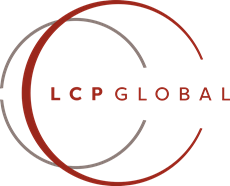How our decisions are framed
- Leadership Perspective How our decisions are framed
Book Review
A Brief Guide to Ideas
William Raeper and Linda Edwards (Grand Rapids, Michigan: Zondervan, 1997).
Many of our great philosophers and theologians over the years have wrestled with the notion that, at our core, it is our beliefs, assumptions and behaviours that influence our decisions—what we believe about the world, others, and ourselves is reflected in every decision we make.
William Raeper and Linda Edwards take a historical look at how people have sought to find meaning in a world that is constantly changing.
First, they explore various frameworks that philosophers, theologians, evolutionists, secularists, industrialists and others used in order to interpret the world they lived in. They describe these frameworks as ‘structures of thought’.[1]
Second, the authors acknowledge the classic intellectual and philosophical battles forced about by the shifting movements within our culture through science, industrialism, wars, government, politics and religion.
Many of us find it easier to interpret our leadership experience through a very narrow framework, rather than contemplate the validity of someone else’s framework and experience. This can result in leaders developing various insecurities as they become defensive about their own leadership philosophy and worldview, making them closed to new ideas.
What’s the bottom-line?
I encourage you to reflect on these three things –
- The importance of your values and how they act as a lens for how you interpret what is happening around you.
- How your culture—upbringing, worldview and ‘structures of thought’—influence the decisions you make.
- Whether or not you are open to learning from others who have a different experience of leadership.
I close with a quote from Raeper and Edwards –
Some of this thinking you may find difficult. It is. But we think it is worth the effort. Ideas are very important. Behind conversations, media, television, political opinions and educational policy there are often whole philosophies which go unnoticed because people have never learned to think about things in this way.
If your mind can learn to travel over different territories of thought, it will be a source of interest and challenge to you all your life.[2]
Related Content




Comments